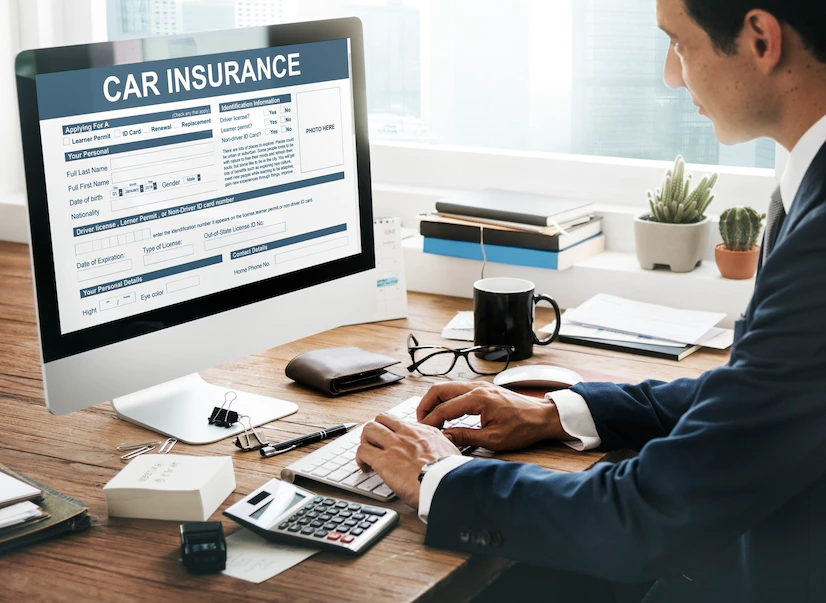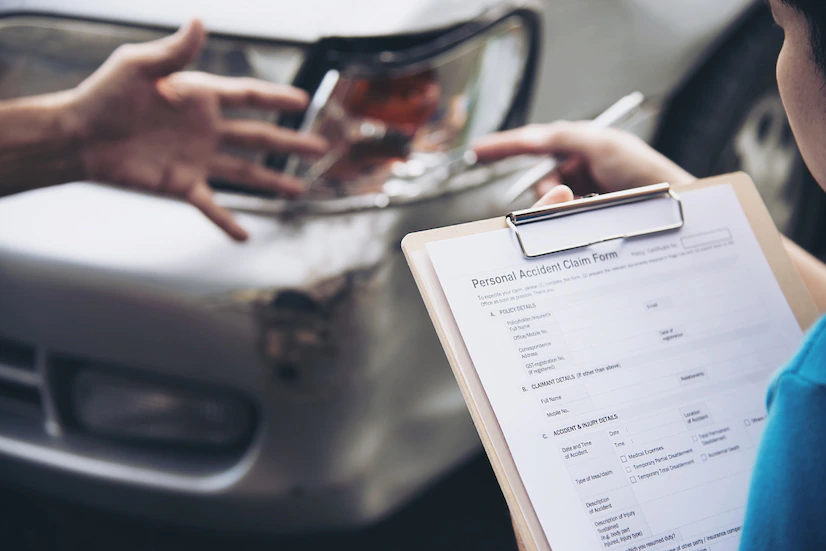Auto insurance is essential in protecting yourself, your car, and wallet in case of an accident; but with so many types of policies available from different providers and so many options for coverage it can be confusing when searching for coverage options.
Finding an auto policy that meets your needs and finding a great deal can be confusing and intimidating, so this guide aims to give you all of the necessary information to make an informed decision about auto coverage options available to you. We will explain the various forms of car coverage and their associated processes.
1) Factors That Affect Auto Insurance Rates

Age, gender, driving record and type of car you drive all play a factor in determining the cost of auto insurance policies. Additional aspects like coverage amounts chosen, credit scores or residency may have some bearing as well.
Here are a few factors that could increase your rates: Driving record – Your driving history has the greatest influence over your car insurance premiums; minor accidents or tickets on your record can have an enormous effect. Even minor violations could see them skyrocket.
2) Tips For Getting The Best Rates

To find cost-effective car insurance, it’s wise to shop around and compare rates between several insurance providers. One effective method is using an aggregator website such as PolicyGenius or Insure.com for this. When gathering quotes online be sure to include every driver on your policy – the more information provided, the more accurate will be your quotes.
Make use of these strategies to lower your rates: * Raise Your Deductible – One effective strategy to lower car insurance rates is by increasing the deductible amount from what is recommended; just remember that increasing it means paying more of your expenses out-of-pocket in case of an accident.
3) How To Save Money On Auto Insurance

While it is always wise to obtain multiple car insurance quotes before choosing the most cost-effective policy, there are other steps you can take to lower your rates without shopping around: Compare policies – When renewing your policy be sure to evaluate all of its available options thoroughly.
Your insurance needs may change and it could pay to switch. A lower rate, greater coverage or improved customer service might all be possible by raising your deductible – raising it will lower premiums but keep in mind that smaller expenses will have to come out of your own pocket in the event of filing a claim.
4) Shopping For Auto Insurance

Before selecting an insurer to cover your car, it is a wise practice to shop around and compare rates among several providers. When shopping for car insurance it is essential that you do this in an objective way and compare both quality of service provided and amount and type of coverage being offered by each company compared. When searching for insurance you should also keep these factors in mind: is the company licensed in your state;
5) What To Do After You Buy Auto Insurance

Once you’ve purchased a policy, take the time to familiarize yourself with every aspect of it and ensure you have enough coverage. Also be sure to stay up-to-date on any information changes such as changes to your address or purchasing a car; report accidents immediately in order to avoid issues down the line; follow all laws and don’t mislead police as this could result in serious legal penalties for breaking them.
6) Common Auto Insurance Terms
Bodily Injury Liability (BIL) – Your bodily injury liability (BIL) refers to your financial responsibility for damages you cause in an automobile accident.
CSL (Combined Single Limit) – This refers to the maximum coverage amount available per accident. Deductible (deductible) – Your out-of-pocket payments before insurance will cover them are your responsibility before coverage from insurance will kick in.
Gross vs net premiums – The gross premium refers to the full amount you owe for insurance coverage, regardless of any discounts applied for premium payments.
Also Refer:- How To Choose the Right Health Insurance Plan For You

